India has pushed forward the timeline for four hydropower projects under construction in Kashmir by several months after suspending a water-sharing treaty with Pakistan, according to a government document.
The updated schedule for the projects, whose construction Pakistan generally opposes because it fears it would lead to less water downstream, is another sign of how India is trying to take advantage of its unilateral suspension of the Indus Waters Treaty of 1960 following a deadly attack in Kashmir last month.
India alleges that two gunmen who killed 26 men at a popular tourist site in Kashmir on April 22 came from Pakistan and has taken a series of diplomatic and economic steps against Islamabad as ties between the nuclear-armed neighbours nosedive.
Islamabad has denied any role in the attack, threatened legal action over the suspension and said any “attempt to stop or divert the flow of water belonging to Pakistan … will be considered as an act of war.” Pakistan depends on the Indus system for 80% of its farms and most of its hydroelectric output.
The armies have exchanged small arms fire across the border every night for nearly two weeks and Pakistan says India is on the verge of a military assault.
New Delhi has so far ignored Pakistan’s threats and made moves that have already throttled Pakistan’s water supplies, including running maintenance work to raise the holding capacity of two operational hydroelectric plants in the federal territory of Jammu and Kashmir.
Prime Minister Narendra Modi’s government has asked authorities to clear hurdles to the speedy construction of four hydro projects with a combined capacity of 3,014 MW, according to the document, an undated list made by the Power Ministry and reviewed by Reuters.
The four projects are Pakal Dul (1,000 MW), Kiru (624 MW), Kwar (540 MW), and Ratle (850 MW). All are on the Chenab River, whose waters are mainly meant for Pakistan, but India is allowed to build run-of-water hydro projects without any significant storage.
State-run NHPC NHPC.NS, India’s biggest hydropower company, is building all the projects. They are due to start between June 2026 and August 2028, the document shows.
Various agencies, including those looking at law enforcement and labour supply, have been asked to help speed up the work, according to the document.
NHPC and the Indian ministries of power, water resources and foreign affairs did not immediately respond to requests for comment.
Pakistan’s Indus River System Authority said its officials held a meeting Monday and “noted with concern unanimously that a sudden decrease in River Chenab inflows at Marala (the headworks that regulate flow) due to short supply by India would result in more shortages” for summer crops.
Downstream reservoirs would be used pragmatically “keeping in view the crisis created by Indian short supplies in the Chenab River,” the authority said in a statement late Monday.

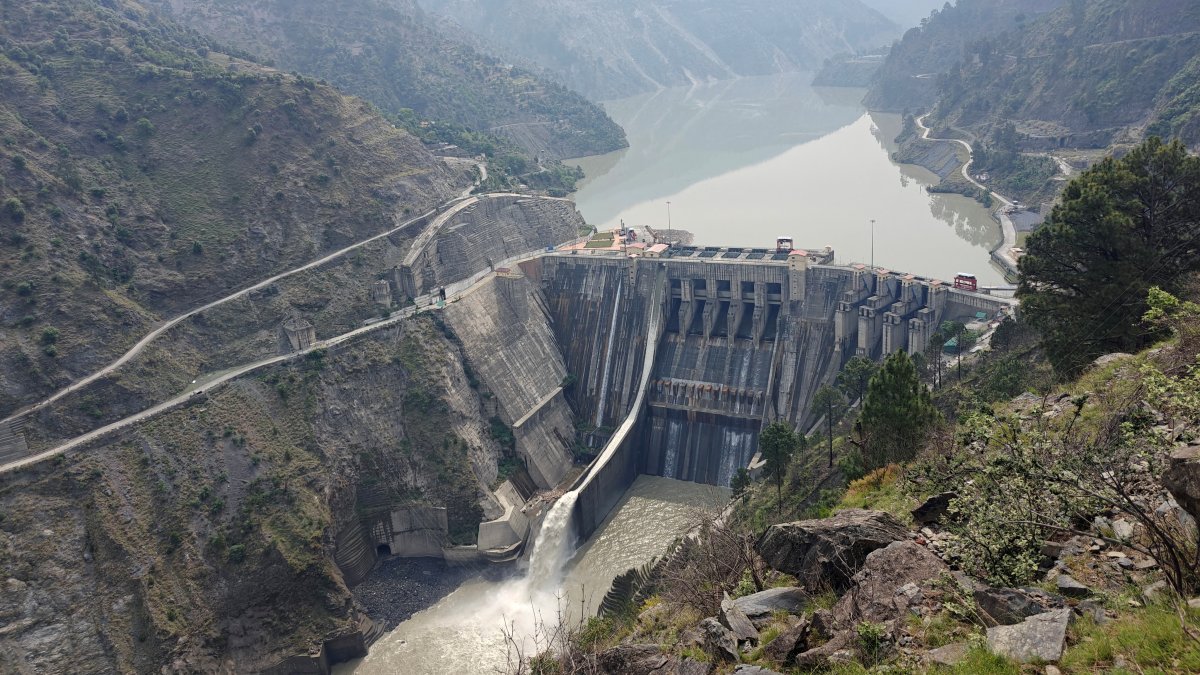




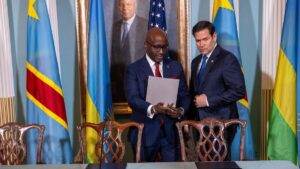















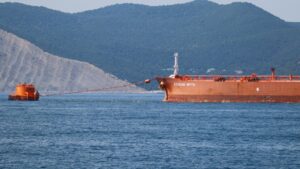



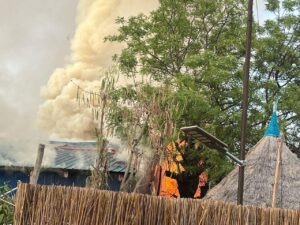
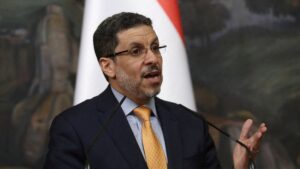
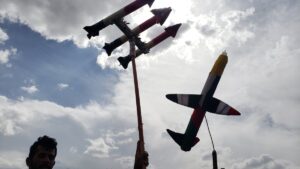

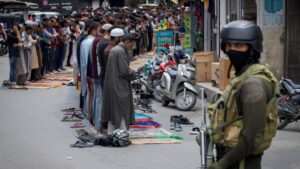


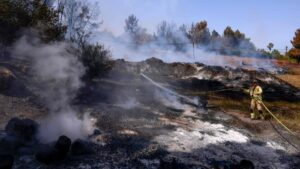




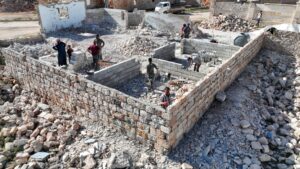


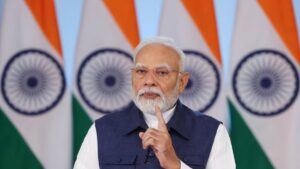


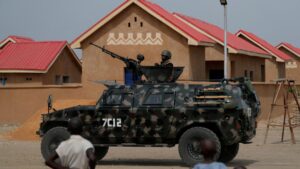
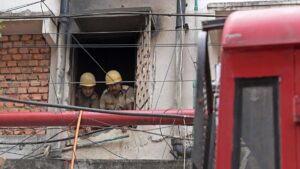

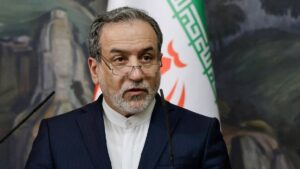




Be First to Comment